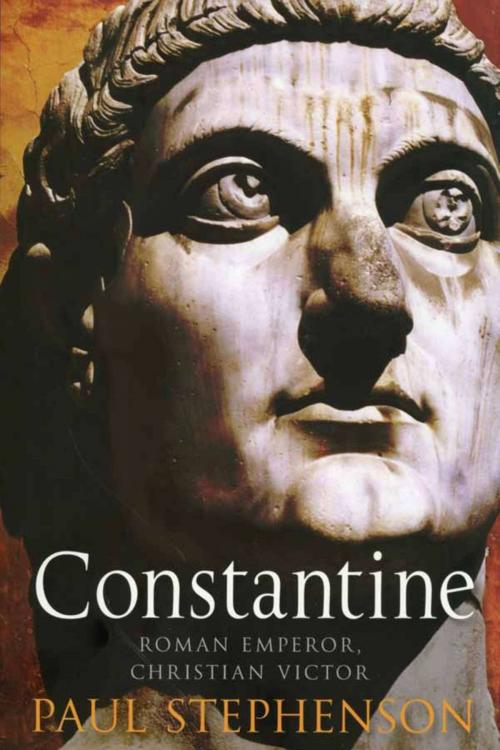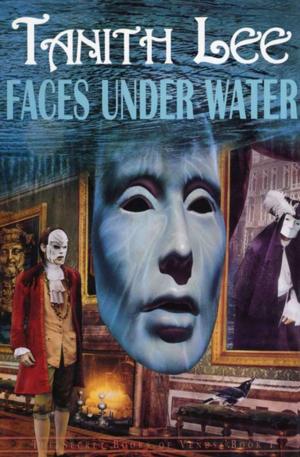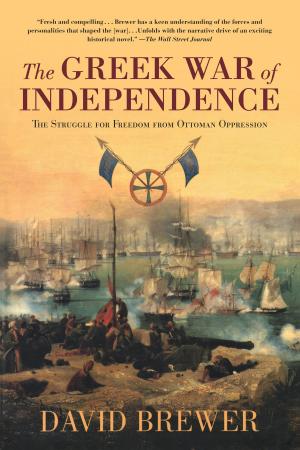| Author: | Paul Stephenson | ISBN: | 9781468303001 |
| Publisher: | ABRAMS | Publication: | June 10, 2010 |
| Imprint: | Abrams Press | Language: | English |
| Author: | Paul Stephenson |
| ISBN: | 9781468303001 |
| Publisher: | ABRAMS |
| Publication: | June 10, 2010 |
| Imprint: | Abrams Press |
| Language: | English |
"By this sign conquer." So began the reign of Constantine. In 312 A.D. a cross appeared in the sky above his army as he marched on Rome. In answer, Constantine bade his soldiers to inscribe the cross on their shield, and so fortified, they drove their rivals into the Tiber and claimed Rome for themselves. Constantine led Christianity and its adherents out of the shadow of persecution. He united the western and eastern halves of the Roman Empire, raising a new city center in the east. When barbarian hordes consumed Rome itself, Constantinople remained as a beacon of Roman Christianity. Constantine is a fascinating survey of the life and enduring legacy of perhaps the greatest and most unjustly ignored of the Roman emperors—written by a richly gifted historian. Paul Stephenson offers a nuanced and deeply satisfying account of a man whose cultural and spiritual renewal of the Roman Empire gave birth to the idea of a unified Christian Europe underpinned by a commitment to religious tolerance.
"By this sign conquer." So began the reign of Constantine. In 312 A.D. a cross appeared in the sky above his army as he marched on Rome. In answer, Constantine bade his soldiers to inscribe the cross on their shield, and so fortified, they drove their rivals into the Tiber and claimed Rome for themselves. Constantine led Christianity and its adherents out of the shadow of persecution. He united the western and eastern halves of the Roman Empire, raising a new city center in the east. When barbarian hordes consumed Rome itself, Constantinople remained as a beacon of Roman Christianity. Constantine is a fascinating survey of the life and enduring legacy of perhaps the greatest and most unjustly ignored of the Roman emperors—written by a richly gifted historian. Paul Stephenson offers a nuanced and deeply satisfying account of a man whose cultural and spiritual renewal of the Roman Empire gave birth to the idea of a unified Christian Europe underpinned by a commitment to religious tolerance.















